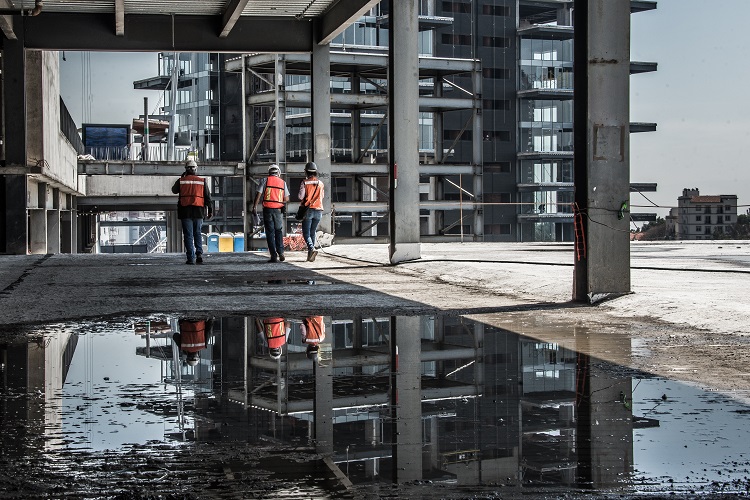On Fridays, we bring you the best thoughts from our blog and around the web. This week’s collection includes: contemporary America’s lack of energy, analysis of the correlation between college and social mobility and more.
Working Cities Work: Though warehouses and factories are certainly not “glamorous,” Chris Horst explains why they are essential to the healthy functioning of cities.
In small towns, big cities and everywhere in between, nondescript warehouses keep communities alive. They don’t seem all that significant, but as Medora illustrates, they are. These plants make our cities work. When they’re gone, things collapse. We should reframe their importance, not as necessary evils, but as irreplaceable cornerstones of healthy societies.
The American Precariat: Energy and mobility have always been defining characteristics of Americans, but David Brooks explains why this is not necessarily true any longer.
The American Precariat seems more hunkered down, insecure, risk averse, relying on friends and family but without faith in American possibilities. This fatalism is historically uncharacteristic of America.
Work Is a Beautiful Thing: In this video, Walmart eloquently reminds us of the importance and inherent value of all work.
Does College Really Improve Social Mobility? AEI’s Andrew Kelly discusses interesting evidence which reveals that, while attending college is important, graduating from college is the true “engine of mobility.”
Our system of postsecondary education does promote social mobility, but only for the small segment of low-income Americans who actually finish a credential.
Should Christians Depend on Government Welfare? T. Kurt Jaros offers a thoughtful response to whether a Christian should rely on welfare, drawing insight from Paul’s admonition in 1 Thessalonians.
Make it your ambition to lead a quiet life: You should mind your own business and work with your hands, just as we told you, so that your daily life may win the respect of outsiders and so that you will not be dependent on anybody.



